Healing Trauma Through Mentorship
Providence Kamana says he feels very good and positive about his work with youth at the Congolese Integration Network.
As a youth program coordinator at the organization, Kamana helps young people heal from the trauma of war they may have witnessed or experienced in the Democratic Republic of the Congo, which has been under a nearly constant state of war for decades (to learn more about the situation in Congo, you can watch Nobel Peace Prize winner Dr. Denis Mukwege’s speech at the ceremony in 2018).
Some of the young Congolese that Kamana counsels don’t have anyone to guide them when they arrive from a completely different culture, but the organization helps them find a path. The Run for Change program that Kamana manages supports the youth through mentorship and helps them set goals for a successful future. The program
“We do sports activities and so forth to keep them engaged, keep them out of trouble,” said Kamana.
“We help them heal. I know where these people are coming from—they’re dealing with a lot of trauma,” Kamana said. “We connect those young people to resources that can allow them to build self-reliance and pursue their dreams.”
CIN’s youth program is part of the organization’s holistic approach to help the Congolese community adjust to a new culture. That support starts with kids ages 2 to 3 with the ParentChild+ program, and it continues with youth and into early adulthood.
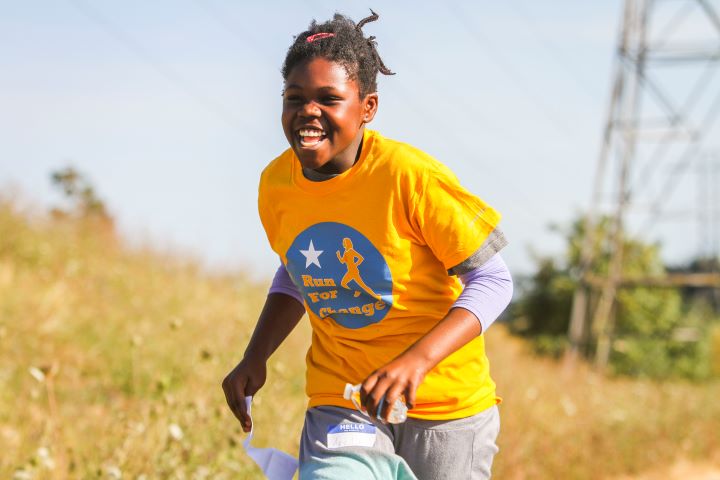
ParentChild+ supports low-income families close the kindergarten preparation gap during the crucial early years of their kids’ development. United Way of King County funds the program as part of its effort to fund organizations that are led by the leaders of the communities they serve. Community-based organizations are closer to the people they serve, know the existing challenges and are better prepared to solve those issues.
“We build relationships with the youth. We listen to them with our hearts to understand them. We give them a platform and tell them that their voice matters.”
Providence Kamana
Kamana said since about 2012, Washington has seen an influx of refugees from Congo, and many of the families the CIN serves are single-parent households. Many parents work hard and don’t have much time to spend with their children, so Kamana provides some of the support to help them adjust.
“We build relationships with the youth,” said Kamana. “We listen to them with our hearts to understand them; we give them a platform and tell them that their voice matters.” This, Kamana said, builds trust.
Kamana told the story of a 13-year-old Congolese who recently arrived from Congo and didn’t speak English. While in school, he was bullied and cussed out. The school repeatedly complained to his parents about the child’s misbehavior.
The youth was frightened and joined a local gang, and he and his new friends started stealing from stores until he and another youth were caught. Fortunately, the 13-year-old was not detained.
Kamana worked with the school, so he could intervene and speak with the youth and give him an orientation about what was expected of him in his new culture. Within six months, the youth was thriving, Kamana said.
Speaking with someone of his own culture helped the youth.
“It was a sense of belonging, knowing that people cared,” Kamana said.
As a certified Credible Messenger, Kamana also works with police to create a culture where officers and the Congolese youth understand each other.
“In our culture, when we see somebody in uniform, you have to run because these are the people holding guns, and they kill,” Kamana said. “That’s a huge fear in our community.”
Kamana explained that many Congolese youth have experienced unimaginable trauma—in many cases, he said, they’ve seen family members killed or assaulted by uniformed soldiers. It is that unhealed trauma and lack of understanding between the cultures that causes some youth to fall into the school-to-prison pipeline.
Kamana worked with local law enforcement to foster a climate of understanding.
“We actually brought police officers to come down and talk to the youth,” Kamana said. “The police said, ‘Hey, this what we do and this is why we do it.’”
The COVID Effect
Kamana said CIN’s programs have been impacted by the coronavirus pandemic, but the organization has been able to adapt.
“Throughout this whole pandemic, our program has been affected in different ways,” Kamana said. “We just try to find ways to help with this mindset that we have been through war before. Let’s figure out a way to continue to help this population.”
Kamana said that the organization is still supporting the community, but they’ve had to reduce the number of people they are seeing for indoor activities because of social distancing guidelines.

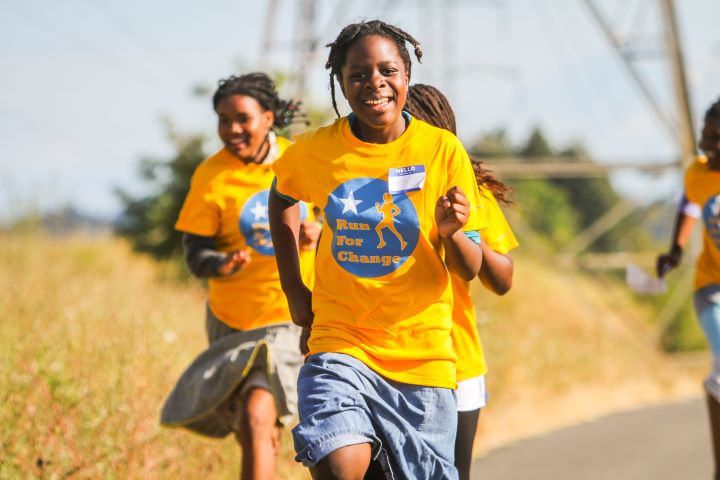
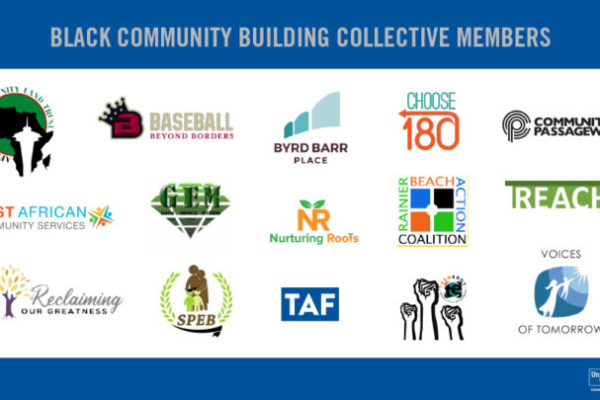
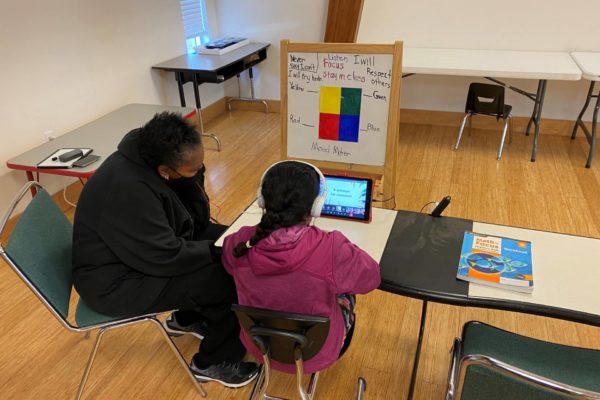
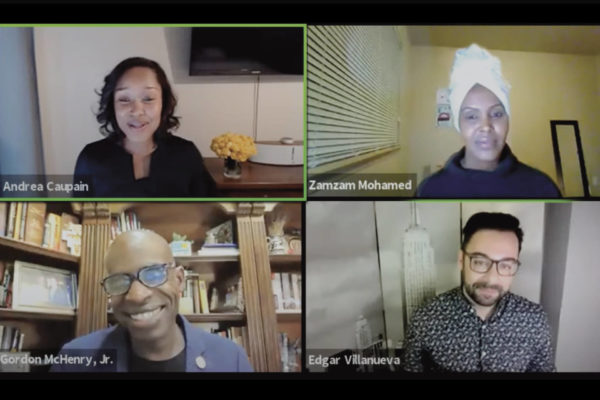
Comments